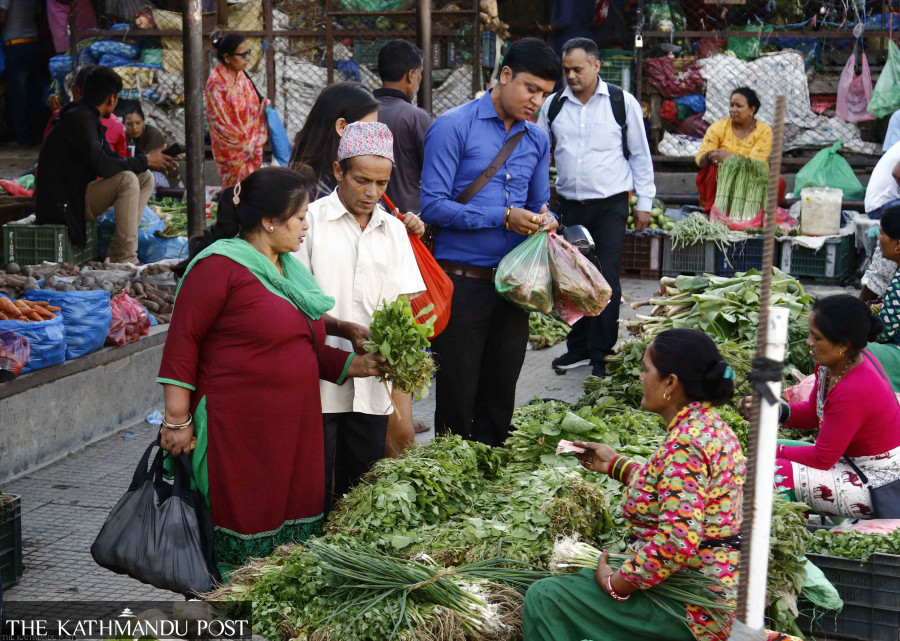Editorial
Coarsening political debate
People expressed their anger in the local elections last May by voting for independent candidates.
The November 20 federal and provincial polls promise to be among the most unpredictable in the country’s recent history. While the big parties are desperately trying to hold their ground, some of the newer outfits are giving them a tough fight, especially at the federal level. (The latest internal assessments of the big parties and some security agencies suggest the same.) As a result, parties and their candidates are making tall promises to entice voters. More problematically, in the lead up to the D-day, rather than enunciating their own agendas, most top political leaders continue to bash their opponents with unseemly accusations and characterisation. The most recent iteration of this is the competition among them to shout the loudest about who has done the most to bring back the territories of Kalapani. Be it Sher Bahadur Deuba, KP Oli or Pushpa Kamal Dahal, even basic civility towards their decades-old competitors has been missing as old skeletons are being yanked out of dusty cupboards.
The issues of Oli twice dissolving the federal lower house, or Dahal helping to form this or that government, or of the Nepali Congress “repeatedly saving democracy” have been endlessly debated and, frankly, right on election-eve, they mean little to common voters. They have bigger concerns. People are struggling to survive after steep rises in prices of clothes and daily essentials. Winter clothes for instance have gotten two or three times more expensive compared to the same period last year. The state coffers, meanwhile, are running dry due to diminishing foreign exchange reserves. There is a severe liquidity crunch in the market. Thousands of Nepali youths are leaving the country in search of work—even the festivals and elections couldn't stop them. Nepal seems headed towards an economic crisis. But the political parties and the leaders who have been governing this country for the past three decades have failed to come up with any good ideas on how to resolve such pressing issues. The general public is fed up listening to political leaders spit venom at each other. They have already expressed their anger in the local elections last May by voting for younger and independent candidates, a trend which was more pronounced in urban areas. Yet the big parties and their top leaders with bloated egos refuse to pay heed to this not-so-subtle public messaging.
Hope is in short supply as the upcoming elections are largely being fought as a numbers-game with little or no regard for public welfare. There is little in the party manifestos or in their public speeches detailing meaningful ways to curb breakneck inflation, create jobs, mainstream marginalised populations, or build a solid social-security net for the elderly and infirm. Even pertinent local issues at the provincial level have been given a short-shift. (In any case, few political bigwigs seem much interested in strengthening the provinces.) The kind of gimmickry that politicians are indulging in—from making senseless TikTok videos, to whipping up public emotions to prove themselves true nationalists—are all contributing to coarsen the political debate. The discerning public will hopefully show the door to the worst of offenders.




 13.12°C Kathmandu
13.12°C Kathmandu














